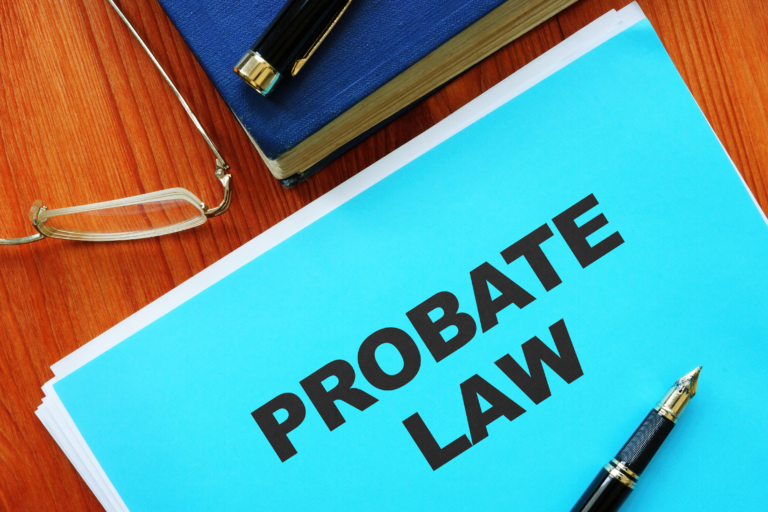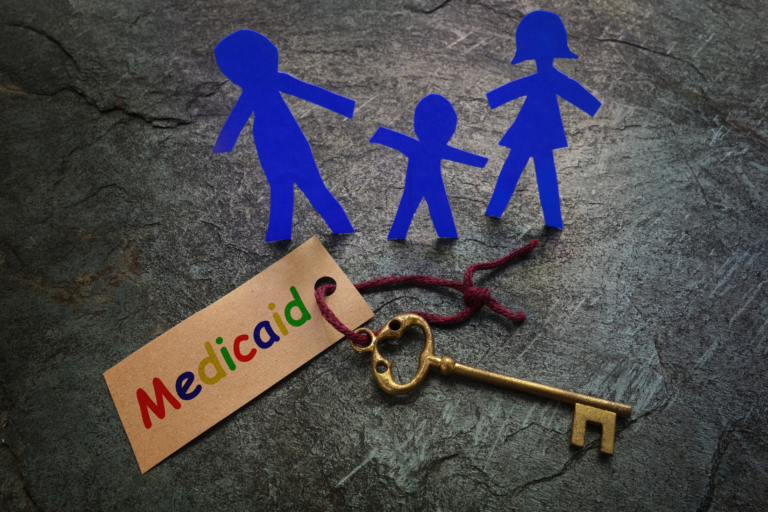An estate consists of all the money and assets owned by a Florida resident at death. If a person dies owning assets solely in his or her name, those assets may go through probate before distribution to the deceased’s heirs.
Is life insurance considered part of an estate in Florida probate law? Read on to find out.
Probate Estate vs. Non-Probate Assets – An Introduction
An estate subject to probate must go through court-supervised administration to permit the transfer to the heirs named in the will.
Only assets held in the decedent’s sole name or listing the estate itself as the beneficiary can go through probate. If a property has a designated beneficiary, it does not necessarily need to go through probate.
Is Life Insurance Considered Part of an Estate in Florida? – The Verdict
Determining whether a life insurance policy is part of an estate depends on how the policy was titled and the parties named as beneficiaries.
For example, if a Florida resident dies owning a life insurance policy that lists him or herself as the sole beneficiary, it is part of the deceased’s estate. The same happens if the decedent listed the estate as a beneficiary.
In such cases, the life insurance policy is part of the deceased’s estate and must go through probate. Even though probate is not necessarily a negative factor, the problem is any outstanding debts and administration costs must be paid from the deceased’s estate.
The proceeds in a title insurance policy can be used to fulfill creditors’ claims and pay administrative expenses, which is not an advantage for the surviving spouse or heirs.
Conversely, if a life insurance policy is not titled in the decedent’s sole name, it is not considered part of his or her estate, and the proceeds from the policy are paid directly to the beneficiaries.
Is Life Insurance Considered Part of an Estate in Florida? – In Detail
Under Florida law, death benefits payable under a life insurance policy are not subject to probate – as long as there is a beneficiary other than the deceased person and the estate.
Please note that the amount paid out on a life insurance policy upon someone’s death is not technically owned by the policy holder. The insurance company is the owner of the money paid under the life insurance policy.
At the end of the day, the money is out of the control of the policy holder. If there is a beneficiary named in the policy, that person will receive the life insurance funds outside of probate with no court intervention.
If there is no beneficiary other than the decedent or the estate, the life insurance funds cannot be inherited through the will and the policy will go through the probate process.
Life insurance holders need to name different individuals as beneficiaries. If someone is the sole beneficiary of a policy and dies before the insurance, the funds become part of the estate.
Many probate cases involving life insurance often result in trouble if the beneficiaries designated in the policy are not the same beneficiaries of the decedent’s estate through a will.
To guarantee a smooth distribution of your life insurance proceeds, work with a seasoned Florida attorney to designate the right individuals as your beneficiaries.
Protect Your Legacy Upon Death – Work with Your Florida Probate Lawyer Today
Waste no time with uncertainty. Contact Attorneys Romy B. Jurado and Diana C. Collazos by calling (305) 921-0976 or emailing [email protected] to schedule a consultation.






